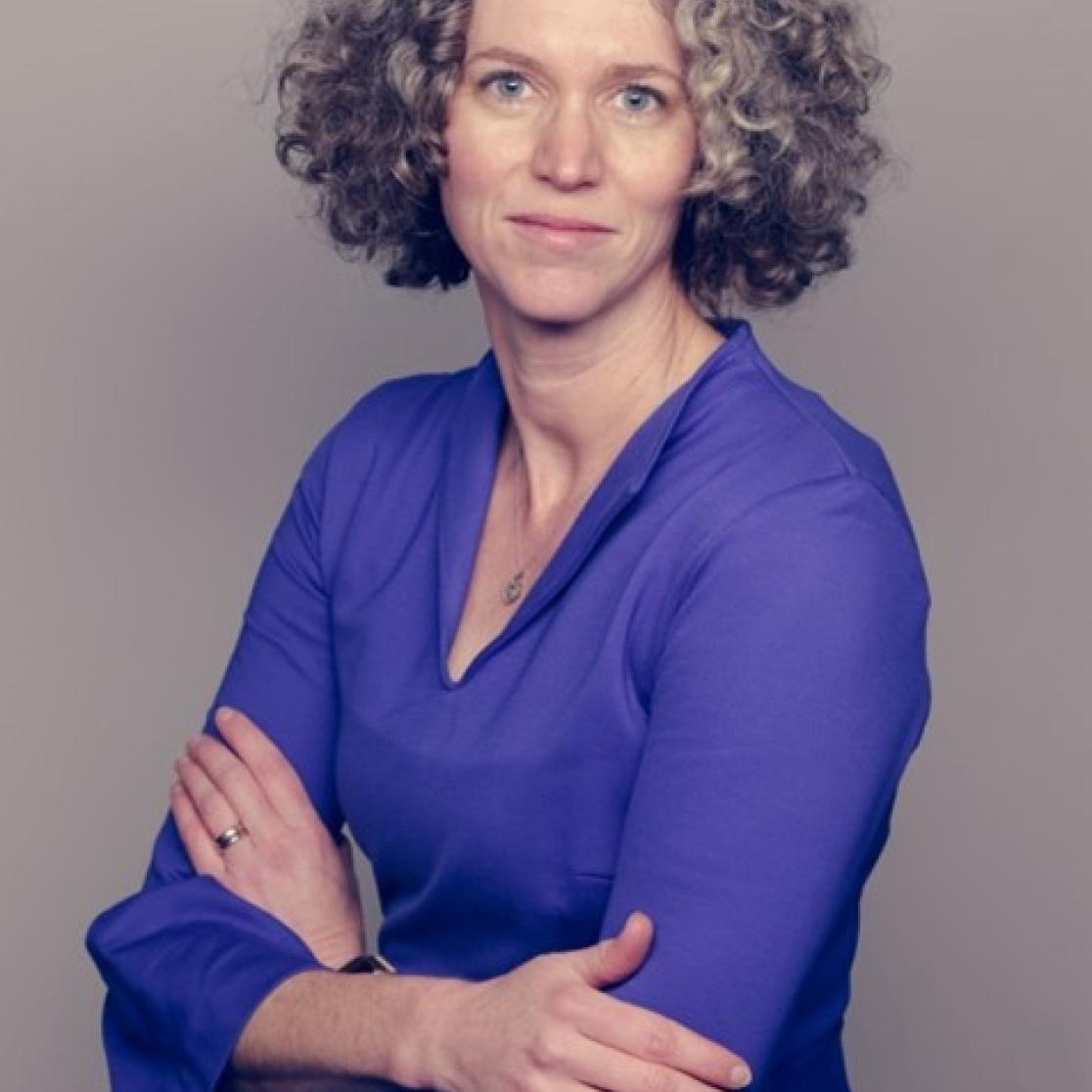Research Physiology
Prof. dr. Blanche Schroen
Research
Experimental cardiology - Pathophysiology of heart failure with preserved ejection fraction
b.schroen@maastrichtuniversity.nl
My biomedical passion has always been genomics, from the moment I learned about genes and their impact during my university studies. When I got the chance to do a PhD on the molecular determinants of heart failure, by starting from a genomics perspective, it was an easy choice. Inevitably, finding out about heart failure became my second love! The genomics starting point is a guarantee for the exploration of new roads, because one never knows exactly what role a candidate gene plays in a cell, organ and system. This fact steers heart failure research in my group in many pathophysiological directions, including fibrosis, inflammation, metabolism, hypertrophy, the cell cycle, blood platelets, endothelial dysfunction and more. While challenging, this for me is the true pleasure of working in science: you never know where the next curve in the road brings you.
The other true pleasure is the collaborativeness, seeing PhD students grow in their roles, getting energized by discussions with peers, having access to many areas of expertise from basic science to clinic, being creative and develop new ideas together. This is an asset in the daily work that I have found at the Physiology department. Collegiality, support, optimism, sharing expertise and skills. With the purpose of improving care for heart failure patients.
Teaching
In the Maastricht University teaching system, students learn how to become independent scientists, with a good focus on developing biomedical expertise skills. I believe students need leadership skills to complement these, to become aware of what they are good and less good at, how they can be effective. Therefore, my teaching roles involve mentoring and communication trainings in bachelor and master programs of biomedical and clinical sciences.
Societal outreach and academic citizenship
As part of the freelance consultancy team of Recess College, I support their (academic) programs at universities in the Netherlands to help scientists be their best selves to ‘get the job done’. This means, developing skills including communication, negotiation, awareness of hierarchy and diversity and how to work with these, when and how to be a leader and a good follower, etc. It is infinitely rewarding to see how seemingly small changes can have a huge impact on academic culture and on scientists’ life and work pleasure.
Team and collaborations
With the following colleagues, I enjoy collaborating and supervising PhD students:
Frans van Nieuwenhoven
Vanessa van Empel
Judith Cosemans
Rory Koenen
Chantal Munts
Wouter Verhesen
Rick van Leeuwen
Geertje Swennen
Minerva Corrales Terrón
Maritte Willems
Ghazal Shah Malekpour
Other collaborations:
Tim Wolfs and Daan Ophelders
Mairi Brittan and Aarushi Singhal (NHS/BHF/DZHK Megacardiocyte grant)
Tobias Petzold and Samira Peri (NHS/BHF/DZHK Megacardiocyte grant)
Yael Nossent (ITN proposal)
Ebba Brakenhielm (ITN proposal)

| Research themes | Researcher(s) |
|---|---|
| Atrial Fibrillation | Uli Schotten |
| Heart Failure | Frits Prinzen |
| Experimental cardiology | Blanche Schroen |
| Fibrosis | Frans van Nieuwenhoven |
| Impaired organ blood flow in obesity and diabetes | Ed Eringa |
| Vessels | Nynke van den Akker Daniel Molin |
Prof. dr. B. Schroen
Research
Experimental cardiology - Pathophysiology of heart failure with preserved ejection fraction
b.schroen@maastrichtuniversity.nl
My biomedical passion has always been genomics, from the moment I learned about genes and their impact during my university studies. When I got the chance to do a PhD on the molecular determinants of heart failure, by starting from a genomics perspective, it was an easy choice. Inevitably, finding out about heart failure became my second love! The genomics starting point is a guarantee for the exploration of new roads, because one never knows exactly what role a candidate gene plays in a cell, organ and system. This fact steers heart failure research in my group in many pathophysiological directions, including fibrosis, inflammation, metabolism, hypertrophy, the cell cycle, blood platelets, endothelial dysfunction and more. While challenging, this for me is the true pleasure of working in science: you never know where the next curve in the road brings you.
The other true pleasure is the collaborativeness, seeing PhD students grow in their roles, getting energized by discussions with peers, having access to many areas of expertise from basic science to clinic, being creative and develop new ideas together. This is an asset in the daily work that I have found at the Physiology department. Collegiality, support, optimism, sharing expertise and skills. With the purpose of improving care for heart failure patients.
Teaching
In the Maastricht University teaching system, students learn how to become independent scientists, with a good focus on developing biomedical expertise skills. I believe students need leadership skills to complement these, to become aware of what they are good and less good at, how they can be effective. Therefore, my teaching roles involve mentoring and communication trainings in bachelor and master programs of biomedical and clinical sciences.
Societal outreach and academic citizenship
As part of the freelance consultancy team of Recess College, I support their (academic) programs at universities in the Netherlands to help scientists be their best selves to ‘get the job done’. This means, developing skills including communication, negotiation, awareness of hierarchy and diversity and how to work with these, when and how to be a leader and a good follower, etc. It is infinitely rewarding to see how seemingly small changes can have a huge impact on academic culture and on scientists’ life and work pleasure.
Team and collaborations
With the following colleagues, I enjoy collaborating and supervising PhD students:
Frans van Nieuwenhoven
Vanessa van Empel
Judith Cosemans
Rory Koenen
Chantal Munts
Wouter Verhesen
Rick van Leeuwen
Geertje Swennen
Minerva Corrales Terrón
Maritte Willems
Ghazal Shah Malekpour
Other collaborations:
Tim Wolfs and Daan Ophelders
Mairi Brittan and Aarushi Singhal (NHS/BHF/DZHK Megacardiocyte grant)
Tobias Petzold and Samira Peri (NHS/BHF/DZHK Megacardiocyte grant)
Yael Nossent (ITN proposal)
Ebba Brakenhielm (ITN proposal)
